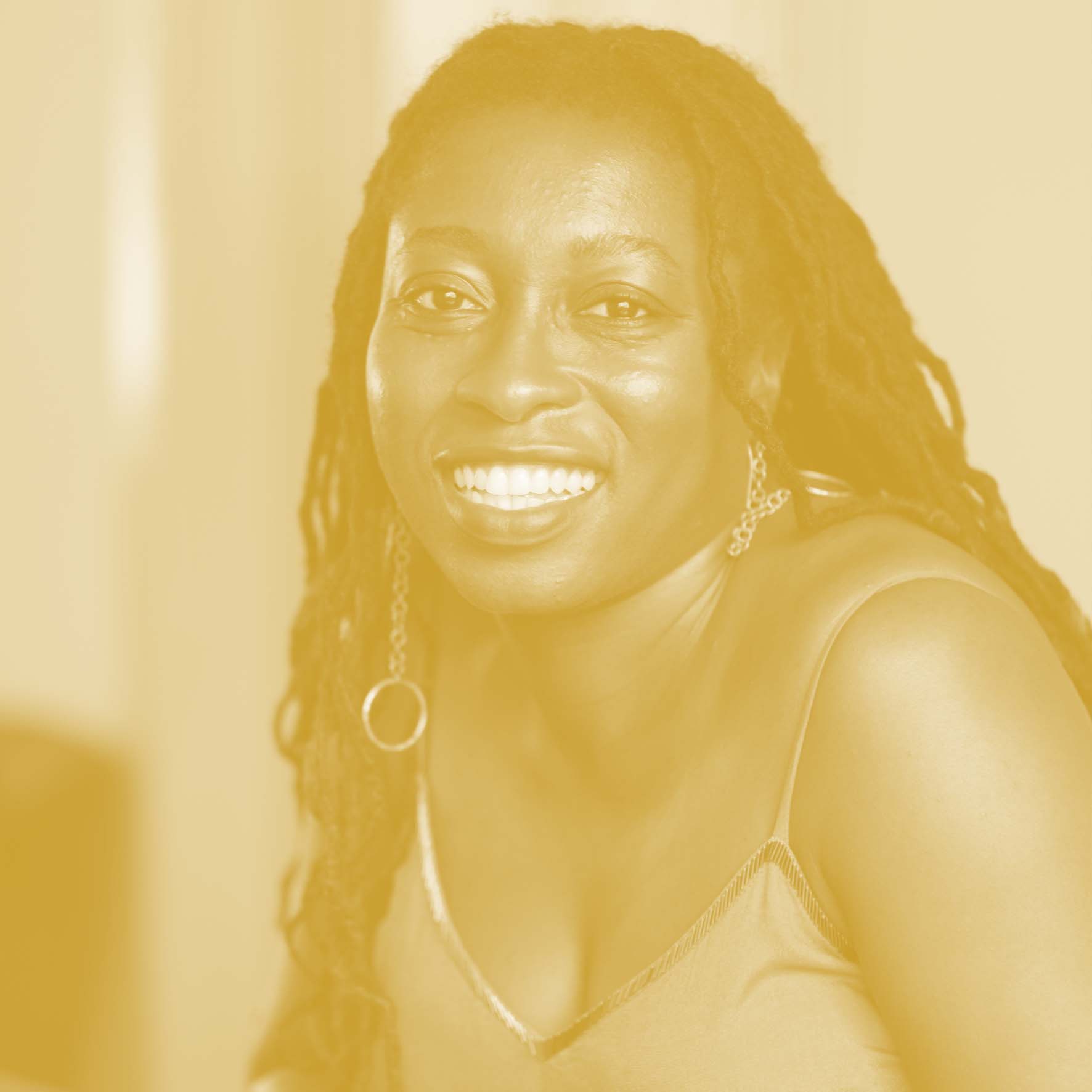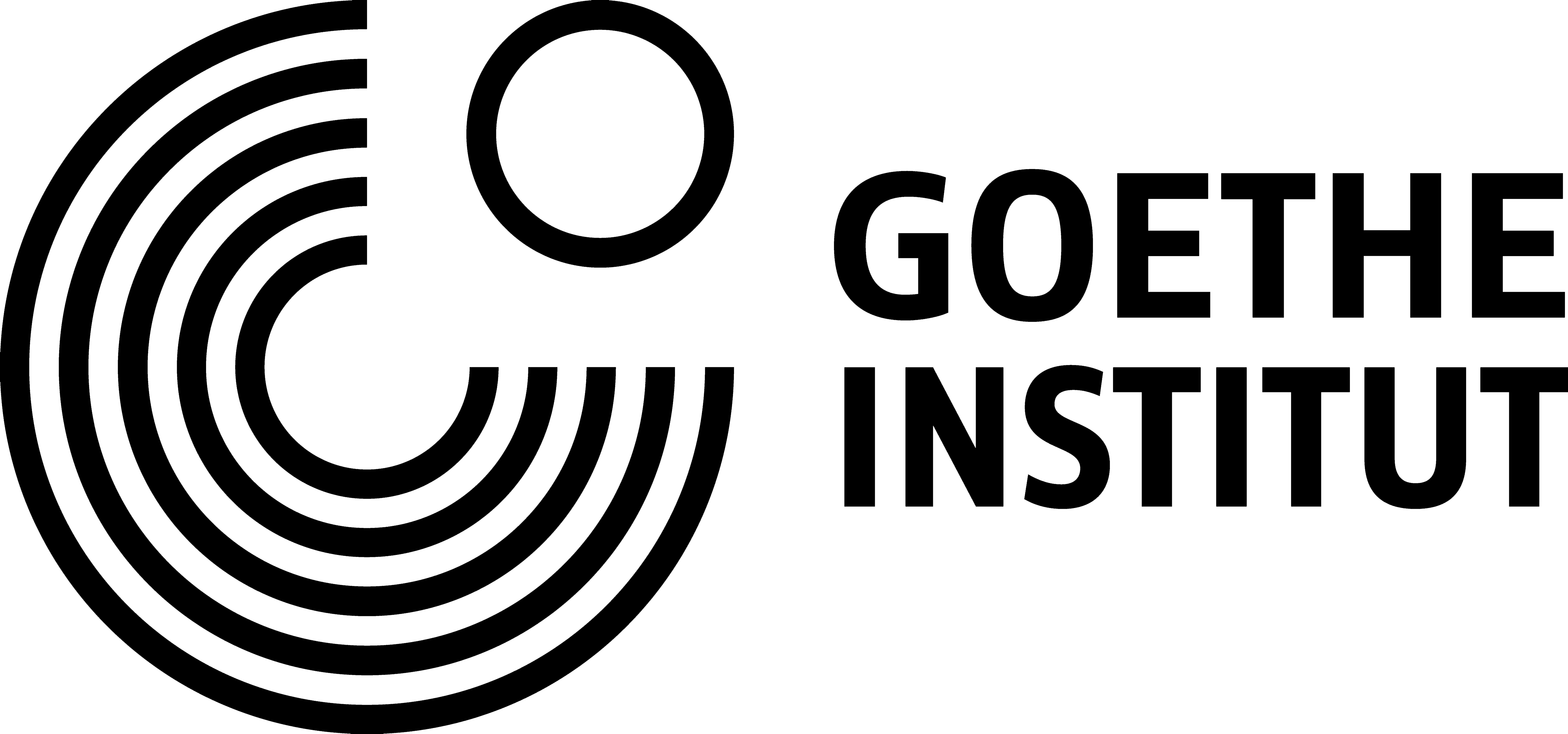The Power of Feminist Remembrance
by Nana Darkoa Sekyiamah
4 min read
From an article reflecting on Ruth Bader Ginsberg’s legacy, the following quote went viral:
“We’ve always been inclined to turn groundbreaking women into feminist icons – not because they are perfect feminists, but because we know how easily such women can be erased.”
African feminists have long been in the business of remembering, reclaiming and honouring women whom we recognise as our feminist ancestors. We have pointed out how their actions - resisting colonial rule, standing up for the marginalised, resisting gender norms - speak to what we recognise today as feminist praxis; a doing that is the essence of feminist activism. Many of us have been involved in this project of radical remembrance because we know how hard we had to search to uncover everyday heroines. Women that we could look up to. Women we could learn from. Women we could tell our daughters about. Most of the women we proudly cite today were/are for the most part treated as mere footnotes in history. They were/are not commemorated on the currencies of our countries, airports were/are not named after them, they were/are not memorialised in sculpture and dotted around parks, museums, and roundabouts. Even now, there are only a few that most people can easily name. Yaa Asantewa of Ghana, Funmilayo Ransome Kuti of Nigeria, Queen Nzinga of Angola. These women were by no means everyday heroines: they were exceptional, they led thousands to resist colonial authorities that had way more might than they had.
I believe that it is important to recognise groundbreaking women. They are often all around us. Groundbreaking women are not only women who lead their people into battle against oppressors but are also women who do the everyday work of nurturing and sustaining communities. These include the billions of women everyday who do the undervalued work of caring and nurturing for their families (including chosen family), women who start support groups for women living with chronic conditions like HIV and AIDs, and women who advocate for the rights of sex workers.
Personally, I am deeply invested in the feminist project of documenting the lives of everyday women because women do not get celebrated or recognised enough. In October 2020, an initiative that I conceptualised - the Abena Korantema Oral History Prize - was able to award 3 individuals and collectives that are documenting women’s stories. The first prize went to the Archive of Activism project: a collective that "focuses on Ghanaian women’s organising and campaigning strategies under military, single-party, and short-lived multi-party governments, particularly in the under-studied period between the mid-1960s and the early 1990s”. The winning story was about the life and activism of Hannah Owusu Koranteng: a Ghanaian labour activist who became an environmental activist when she learnt about the PNDC’s government’s plan to sell the State Gold Mining Corporation. As an activist I find this is a very important story to know about. It is a practical demonstration of intersectionality and working across social justice movements. It speaks to how we as activists need to see the interconnections between different causes. It is as important to work for the rights of workers as it is to resist mining and other forms of extractivism. Environmental activists advocating for the protection of Atewa forest in Ghana should know about the work of Hannah Owusu Koranteng. Activists resisting police and state sanctioned brutality in places like Nigeria and Uganda deserve to know how their feminist ancestors reacted when they faced oppression from a colonial state. It is important that we know our herstories and reclaim our African feminist ancestors. We must do this not just because we wish to honour those who have carved the paths that we walk on today, but also so that we remember that resisting injustice is in our blood. We remember so that we know that the urge to resist is not new. The urge to create a better world is not new. There are models in our past and present of how we can do this. We do this by building with likeminded people, by educating ourselves about our past and present, and by taking action to make our powerful imaginings of equity a reality.
The erasure of women, particularly the most marginalised women, the ones who resist, who refuse to conform, who are single and yet have amazing sex lives, the ones who write, who dream, who are called witches, who have children on their own, who refuse to have children, who work with their bodies. The women who are too often easily erased. These are the women today who we should document with a passion.
“We’ve always been inclined to turn groundbreaking women into feminist icons – not because they are perfect feminists, but because we know how easily such women can be erased.”
African feminists have long been in the business of remembering, reclaiming and honouring women whom we recognise as our feminist ancestors. We have pointed out how their actions - resisting colonial rule, standing up for the marginalised, resisting gender norms - speak to what we recognise today as feminist praxis; a doing that is the essence of feminist activism. Many of us have been involved in this project of radical remembrance because we know how hard we had to search to uncover everyday heroines. Women that we could look up to. Women we could learn from. Women we could tell our daughters about. Most of the women we proudly cite today were/are for the most part treated as mere footnotes in history. They were/are not commemorated on the currencies of our countries, airports were/are not named after them, they were/are not memorialised in sculpture and dotted around parks, museums, and roundabouts. Even now, there are only a few that most people can easily name. Yaa Asantewa of Ghana, Funmilayo Ransome Kuti of Nigeria, Queen Nzinga of Angola. These women were by no means everyday heroines: they were exceptional, they led thousands to resist colonial authorities that had way more might than they had.
I believe that it is important to recognise groundbreaking women. They are often all around us. Groundbreaking women are not only women who lead their people into battle against oppressors but are also women who do the everyday work of nurturing and sustaining communities. These include the billions of women everyday who do the undervalued work of caring and nurturing for their families (including chosen family), women who start support groups for women living with chronic conditions like HIV and AIDs, and women who advocate for the rights of sex workers.
Personally, I am deeply invested in the feminist project of documenting the lives of everyday women because women do not get celebrated or recognised enough. In October 2020, an initiative that I conceptualised - the Abena Korantema Oral History Prize - was able to award 3 individuals and collectives that are documenting women’s stories. The first prize went to the Archive of Activism project: a collective that "focuses on Ghanaian women’s organising and campaigning strategies under military, single-party, and short-lived multi-party governments, particularly in the under-studied period between the mid-1960s and the early 1990s”. The winning story was about the life and activism of Hannah Owusu Koranteng: a Ghanaian labour activist who became an environmental activist when she learnt about the PNDC’s government’s plan to sell the State Gold Mining Corporation. As an activist I find this is a very important story to know about. It is a practical demonstration of intersectionality and working across social justice movements. It speaks to how we as activists need to see the interconnections between different causes. It is as important to work for the rights of workers as it is to resist mining and other forms of extractivism. Environmental activists advocating for the protection of Atewa forest in Ghana should know about the work of Hannah Owusu Koranteng. Activists resisting police and state sanctioned brutality in places like Nigeria and Uganda deserve to know how their feminist ancestors reacted when they faced oppression from a colonial state. It is important that we know our herstories and reclaim our African feminist ancestors. We must do this not just because we wish to honour those who have carved the paths that we walk on today, but also so that we remember that resisting injustice is in our blood. We remember so that we know that the urge to resist is not new. The urge to create a better world is not new. There are models in our past and present of how we can do this. We do this by building with likeminded people, by educating ourselves about our past and present, and by taking action to make our powerful imaginings of equity a reality.
The erasure of women, particularly the most marginalised women, the ones who resist, who refuse to conform, who are single and yet have amazing sex lives, the ones who write, who dream, who are called witches, who have children on their own, who refuse to have children, who work with their bodies. The women who are too often easily erased. These are the women today who we should document with a passion.

Nana Darkoa Sekyiamah is the author of The Sex Lives of African Women, which Publishers Weekly described as “an astonishing report on the quest for sexual liberation” in their starred review. It was also listed by The Economist as a best book of the year. She is an award-winning blogger, and co-founder of Adventures from the Bedrooms of African Women, a website, podcast and festival that publishes and creates content that tells stories of African women’s experiences around sex, sexualities, and pleasure. The impact of Nana Darkoa’s work has been documented by CNN in a film titled, Not Yet Satisfied. In 2016, she won a prestigious Hedgebrook fellowship.
Nana Darkoa’s opinion editorials and articles have been published by The Guardian, open Democracy and Essence. She has contributed to anthologies such as Feminist Parenting: Perspectives from Africa and Beyond as well as The Routledge Handbook of Queer Africa Studies. Her short stories have been published in It Wasn’t Exactly Love and The Pot and Other Stories.
Nana Darkoa is a sought-after facilitator, speaker, and commentator. She has been a guest on several international media programs including The Forum, National Public Radio and BBC.
She holds a BSc (Hons) in Communications and Cultural Studies from the University of North London (now London Metropolitan University), and a MSc in Gender and Development from the London School of Economics and Political Science. She is also a trained performance coach, and leadership trainer. Nana lives in Accra, Ghana with her daughter Asantewaa, and her dog Romeo.
Nana Darkoa’s opinion editorials and articles have been published by The Guardian, open Democracy and Essence. She has contributed to anthologies such as Feminist Parenting: Perspectives from Africa and Beyond as well as The Routledge Handbook of Queer Africa Studies. Her short stories have been published in It Wasn’t Exactly Love and The Pot and Other Stories.
Nana Darkoa is a sought-after facilitator, speaker, and commentator. She has been a guest on several international media programs including The Forum, National Public Radio and BBC.
She holds a BSc (Hons) in Communications and Cultural Studies from the University of North London (now London Metropolitan University), and a MSc in Gender and Development from the London School of Economics and Political Science. She is also a trained performance coach, and leadership trainer. Nana lives in Accra, Ghana with her daughter Asantewaa, and her dog Romeo.

